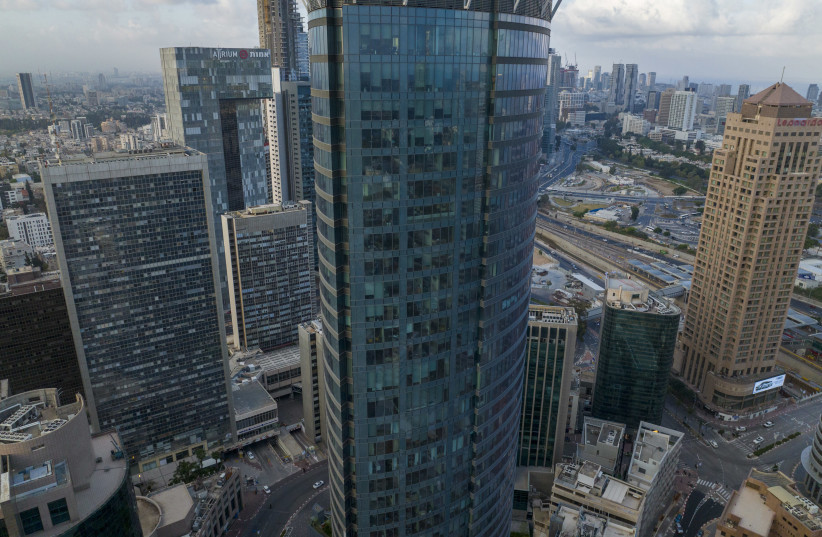Sullivan & Worcester Tel Aviv manages a substantial amount of legal work for Israeli companies and US companies with Israeli interests. The firm's presence in Tel Aviv serves as a gateway for Israeli public and private companies, entrepreneurs, investors, funds and other professionals to gain entry into the US market.
Oded Har Even serves as co-managing partner of Sullivan & Worchester’s Tel Aviv office, and as a partner in its New York office. Har Even’s practice focuses on capital markets, and he specializes in counseling public companies on financing and ongoing corporate governance, disclosure and compliance matters. He has been involved in numerous public offerings and exchange listings on Wall Street of both private and TASE-listed Israeli companies, and he is counsel to several Israeli governmental entities that operate in the US.
In your many years of experience, have you picked up on any particular patterns in the stock market?
“It's very cyclical, and every year has its own new trends. In the early 2000s, there was the dotcom crash, then there was a revival [leading up to] the Lehman Brothers crisis in 2007. In 2013, the market opened and you saw a lot of biotech companies starting to launch IPOs. Then in 2016, we started to go down, and there were hardly any IPOs.
“Then again, during COVID, against all odds, the market goes crazy. All the companies go up – companies that never dreamed of raising money in the capital markets, certainly not at valuations of billions of dollars. Waze was acquired for $1.1 billion by Google. Back then it seemed like an enormous amount.”
So where are we now in the market cycle?
“Let’s look at the market today: Last year, how many Israeli unicorns raised money valuations higher than Waze – companies that aren’t even as sexy as Waze? The numbers, the multiples, went up big time; but lately, you see companies like Wix – which was valued at $20 million – is now at around $3.6 million market cap. The trend has changed, and you see a lot of companies losing value.”

Is anyone benefiting from the current market lull?
“Now is the time for companies with money to find opportunities – to buy other companies that, before, were highly-priced. Now those companies that don't have enough money will need to raise, but valuations are [generally] very low - so some of them actually will get acquired. That's an opportunity for companies that – even if they lost a lot of value – have enough money in the bank, and they can go out and use the situation to buy other companies. They'll do well, and at some point, they'll gain value. They’re the winners at the end of the day.”
What tips would you give smaller, less-funded companies to help them survive?
“They should keep in mind that it's not a question of whether you can raise money. It's a question of ‘at what valuation can you raise money.’ And sometimes you have to raise in a bad market, and your position will be very low; that's not a very good situation. However, that's the only chance for the company to survive, and that's what they should be doing.
“Don’t get caught up in waiting for the market to improve dramatically. Raise the money now; then you have money. At the end of the day cash is king, and [for] those companies that have had [the] money for at least a year, it’ll be easy for him to raise money for future years. But those companies that have had money only for like five months, they'll be under a lot of stress. When people see them raising money, they’ll short the stock. They’ll fall into a vicious cycle, and it will be a very bad time.
"You have to play your cards right.”
